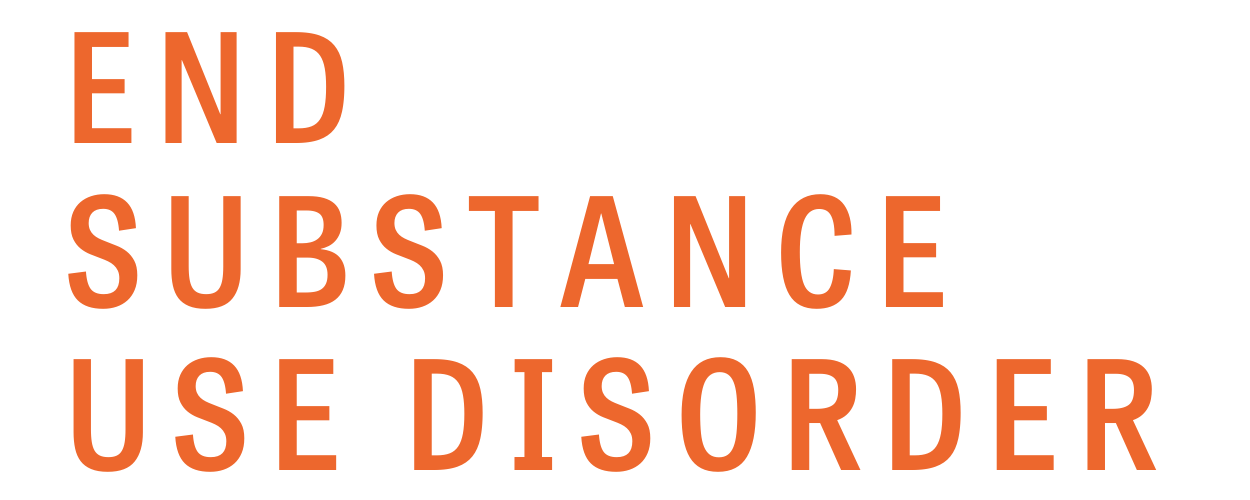End Substance Use Disorder Coalition Hosts Senior Biden Administration Officials for Launch of Overdose Prevention Plan
Today, an End Substance Use Disorder-led coalition hosted senior Biden Administration officials, members of Congress, and local officials for the launch of the U.S. Department of Health and Human Services’ Overdose Prevention Strategy. The Overdose Prevention Strategy seeks to address the accelerating public health crisis that now claims nearly 100,000 lives every year. End Substance Use Disorder issued the following statement:
"We applaud Secretary Xavier Becerra and his colleagues for issuing a plan to prevent overdoses that is grounded in what the evidence tells us works,” said Erin Schanning, president of End Substance Use Disorder. “This plan is common-sense and urgently need. At the heart HHS’ Overdose Prevention Strategy is compassion for people and families affected by substance use disorder and overdoses and their communities. We urge the Administration to act with due speed to implement this plan to save lives and support healing.”
The End Substance Use Disorder-led coalition hosted the event in Baltimore at the National Health Care for the Homeless Council’s clinic along with the National Association of Attorneys General. Secretary for Health and Human Services Xavier Becerra was joined by Acting White House Director of the Office of National Drug Control Policy Regina LaBelle, Assistant Secretary for Mental Health and Substance Use Miriam Delphin-Rittmon, Baltimore Mayor Brandon Scott, Congressman David Trone, and Maryland Attorney General Brian Frosh. The officials toured the clinic and held a round table discussion with patients in recovery from substance use disorder and their health care providers. The event specifically emphasized the need to remove federal barriers to prescribing medications for opioid use disorder and expand access to harm reduction tools.
The HHS Overdose Prevention Strategy has four pillars meant to provide a comprehensive approach to the substance use disorder crisis. The four pillars are Primary Prevention, Harm Reduction, Evidence-Based Treatment, and Recovery Support. The plan includes policies that End Substance Use Disorder has endorsed, including preventing substance use disorder by ensuring healthy childhood development and safe prescribing practices, expanding access to naloxone and syringe service programs, increasing the use of medications for opioid use disorder and behavioral health treatments like contingency management, and strengthening recovery supports through housing, employment, and peer mentoring.
Since 1999, more than 900,000 Americans have died from drug overdoses. The crisis affects Americans from all walks of life, but it has disproportionately impacted communities of color. Opioids are involved in three-quarters of overdose deaths. In 2020, more than 40 million Americans had substance use disorder and fewer than 1 in 10 received treatment.
Read more on the Overdose Prevention Strategy here. Watch the video of the event here.
